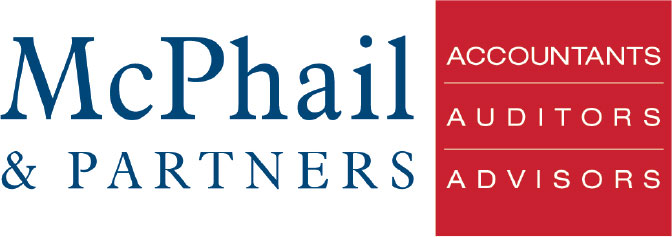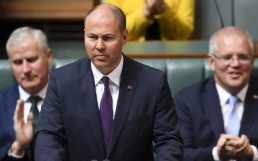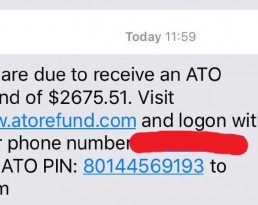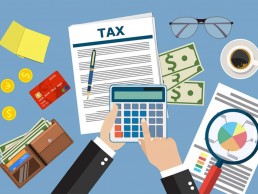ATO opens applications for early release of super
The ATO has released its application form for the early release of superannuation by individuals impacted by COVID-19. From 20 April, an individual can make one application to access up to $10,000 of their super (tax-free) in the 2019–2020 financial year, and a second application for up to $10,000 in the 2020–2021 year until 24 September 2020.
TIP: The ATO has run a social media campaign asking people to observe the intention of the legislation and only apply to release their super to deal with the adverse economic effects of COVID-19. You should not withdraw your super early and recontribute it to gain a personal tax deduction.
If you are eligible, you should carefully check your super account balances to ensure there are sufficient funds available to claim. If you make an application and the fund has insufficient money to fulfil the application, you will not be able to make a second application for the balance from another fund/account in that financial year or ask for an amount above the $10,000 cap in the 2020–2021 financial year.
It take one to two business days for super funds to receive notifications directly from the ATO about their members. The government then expects funds to process the payments and release the amounts to individuals “as soon as possible”.
If your application is rejected by the ATO, you will be notified via your MyGov account in two to three days.
Separate arrangements apply for applications by members of self managed super funds (SMSFs). The ATO will issue a determination to you as the fund member (instead of to the super fund) advising of your eligibility to release an amount. When the SMSF receives the determination from you, the SMSF trustee is then authorised to make the payment.
Federal Budget night shifts to 6 October 2020
The Australian Government recently announced that this year’s Federal Budget will not be handed down until 6 October 2020. In making the announcement, Treasurer Josh Frydenberg said that this postponement is intended to “provide more time for the economic and fiscal impacts of the coronavirus, both in Australia and around the world, to be better understood”.
Since 1994, with a few exceptions, Australia’s Federal Budget has been handed down by the Treasurer on the second Tuesday in May. Exceptions were made in 1996, when an election and a change of government occurred in March and the Budget was handed down in August; in 2016, when the Budget was handed down on the first Tuesday in May because the government was considering calling call a double dissolution election; and most recently in 2019, when a Federal election was called for 18 May and the Budget was presented on 2 April.
Between 1901 and 1993 the Budget was presented in August, on the first Tuesday night of Parliament’s spring session.
Super guarantee amnesty for employers
An amnesty is now on for employers in relation to unpaid employee superannuation entitlements from 1 July 1992 to 1 January 2018. There are certain conditions which have to be met for employers to qualify. The amnesty will allow employers to self-correct super guarantee (SG) underpayments without incurring additional penalties that would normally apply.
During the amnesty period, employers can also claim a tax deduction for payments of SG charge or contributions. The amnesty will end on 7 September 2020, at which time the ATO is set to take a tougher stance on SG underpayments.
To qualify, employers must first disclose the super guarantee shortfall to the ATO in the approved form between 24 May 2018 and 7 September 2020. The shortfall must not have been previously disclosed to the Commissioner, however, additional amounts of SG shortfalls disclosed during the amnesty period may be subject to beneficial treatment.
Independent review of ATO audit position: small business pilot extended and expanded
The ATO has advised that it has extended and expanded its pilot program which offers an independent review service to eligible small businesses disputing income tax related audits. The pilot will continue until 31 December 2020.
The independent review is conducted by an officer from the ATO's Review and Dispute Resolution business line. This officer will not have been involved in the audit and will bring an independent “fresh set of eyes” to the review. The independent reviewer will consider the documents setting out the taxpayer's position and the ATO audit position. They will schedule a case conference with the taxpayer and the ATO audit officer generally within one month of receiving the taxpayer's review request. The case conference is an opportunity for all parties to assist the independent reviewer with understanding the facts and contentions.
The audit case officer will contact a taxpayer if it is eligible for an independent review. A written offer of independent review will also be included in the audit finalisation letter.
TIP: The ATO emphasises that taxpayers will retain their full dispute and objection rights even if they seek an independent review. Taxpayers will also retain these rights if they are not eligible for an independent review or if they choose not to seek an independent review.
Scams targeting natural disaster victims
Victims of the recent natural disasters beware: there is an SMS scam circulating that purports to give you “a bonus” on your 2020 tax return. The scam urges victims to start the process by filling out a form and provides a link to a what looks like the genuine myGov website. According to the ATO, this is a classic case of scammers impersonating the ATO in an effort to collect personal information including names, birth dates, addresses, emails, phone numbers and online banking login details.
Once this information is obtained, scammers can use it to commit identify theft, including porting your phone, accessing your bank account, obtaining a loan in your name, lodging tax returns, stealing your superannuation and committing other types of fraud, or they could on-sell the information to others who may commit these offences.
If you receive a call from someone saying they are from the ATO but you aren’t sure, the best course of action is to hang up and call the ATO back on the appropriate number listed on its website, or to call your tax agent directly on their listed number to seek advice. While the ATO does send SMS messages and emails and calls taxpayers, it’s important to remember that the ATO will never:
- send an SMS message or email asking you to click on a hyperlink to log into myGov or other government websites;
- ask for personally identifying information in order for you to receive a refund;
- use aggressive or rude behaviour, or threaten you with immediate arrest, jail or deportation;
- project its number onto caller ID; or
- request that you make payments of debt via cardless cash, iTunes or Google Play cards, prepaid Visa cards, cryptocurrency, or direct credit to a personal bank account.
If you’ve fallen victim to this or other tax-related scams, don’t be ashamed, but contact the ATO as quickly as possible. The sooner you notify the ATO, the better the outcome is likely to be.
Working from home: what can I deduct?
Have you been directed by your employer to work from home to limit the spread of COVID-19? While working from home has its benefits, there may be extra expenses too, ranging from printing costs to the need for more internet data and perhaps even additional equipment. You may be able to claim a deduction for the additional running costs you incur.
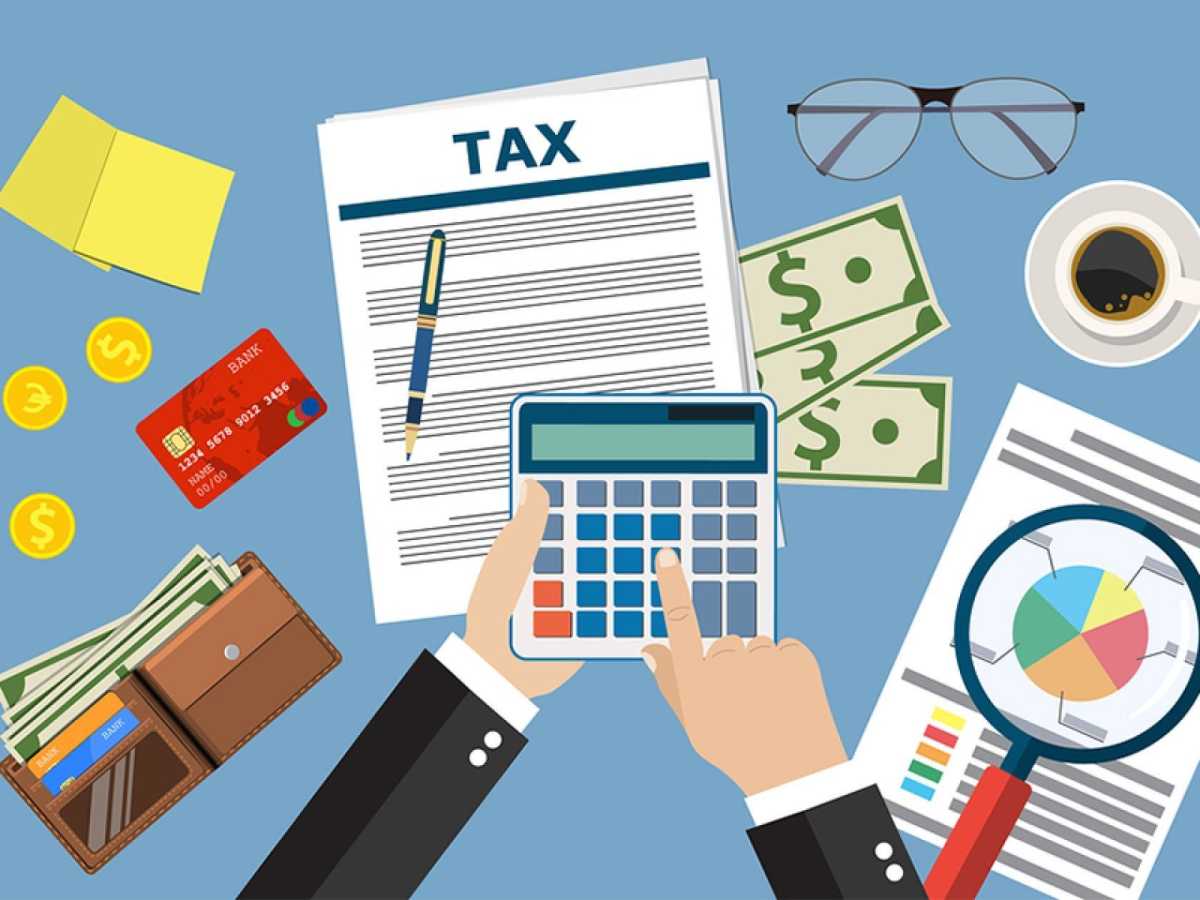
The costs you may be able to claim include the work-related portion of any heating, cooling and lighting for the area you’re working from, work-related phone and internet costs, and work-related decline in value of a personally owned computer and associated office equipment.
To claim these expenses, you must keep specific records ranging from diary entries to receipts.
Leading Through Crisis – Reflections by Matt Drew
Over the last couple of months, we have all had our worlds turned upside down. We have been forced to isolate from our friends and family, parents have become teachers (in the formal sense of the word), businesses have been forced to close or “pivot” to survive and so many of us have seen our home and work lives merge as we embrace remote working arrangements.
As a business owner and employer this has been a time of great challenge but also of unexpected personal growth and understanding. As the crisis developed here in Australia in early March we, like many others, were forced to make decisions about the path our business would take and how best to support our staff and clients through the days, weeks and months to come. Every day brought new updates, less toilet paper and more uncertainty as words like “unprecedented”, “self-isolation” and “hibernation” were thrown at us from everywhere.
In a matter of days new policies had to be developed and implemented, remote working technologies installed, and systems and procedures had to be re-worked in response to the information being provided by the Government.
We made the call quite early in the piece to activate our remote working arrangements for those team members who were considered higher risk. More followed shortly after as schools closed early and the health and wellbeing of family came into sharper focus. As the remaining physical presence of the partnership team I don’t think I had fully appreciated what the task of managing a swiftly scattering team would entail, particularly in a time of such uncertainty.
It was around this time that an email arrived in my inbox from an organisation called Future of Leadership (https://www.futureofleadership.com.au/). I had attended their Melbourne event late last year where I was inspired by the stories of leaders from a cross section of society so when the email arrived I was drawn to it immediately. The email was for a 10-part webinar series on Zoom (another word we are all now very familiar with) about leading through crisis which aimed to provide business leaders with the tools they needed to get the best out of themselves and their teams.
It was amazing how these little 45 minute daily escapes mirrored so many of the real life issues that were happening around me. Some of the key learnings I took from these sessions and from my own experiences over the last couple of months are:
- Take some time each day to focus on yourself – mediate, exercise or do some breathing exercises to reduce your stress and build your mental resilience
- Build and support your tribe – understand what your people and your clients need from you
- Give information and you get understanding – keep your teams informed on what is happening so they can understand the process and make their own plans and decisions around this
- Be present - we don’t expect our leaders to have all the answers but we expect them to be present (not necessarily physically).
- Communication and Connection is critical – embrace technology to maintain the human relationships as social isolation does not mean you have to be alone
- Be flexible – we sometimes resist what can help us the most
- Disasters are always unique and unprecedented but leading though crisis is not – there are lessons to be learned from each crisis that we can apply to the next one
From a personal perspective I found these sessions incredibly useful and engaging as they allowed me to shut off the noise from the outside world and focus on the things that were within my control. This really highlighted to me the importance of sharing our experiences and asking for help and advice when we need it. Whether that is by participating in a series like this (which is still available to purchase and watch online), or being part of an online community, or simply having the conversations with your family and friends.
We are obviously still managing through this current crisis and each day seems to bring a new challenge (or Government incentive to understand) which we just have to deal with as it comes. However once the World returns to “normal”, whatever that might look like, I think it is important that we all stop and reflect on what we have all been though and the lessons we have learned.
The team here at McPhails are still fully operational and here to support our clients through these difficult times so please reach out if we can assist in any way. We are looking forward to getting through this and seeing everyone back up and running on the other side.
Foreign Residents and the Main Residence Exemption
Laws limiting foreign residents’ ability to claim the CGT main residence exemption are now in place. This means that if you’re a foreign resident for tax purposes at the time you sign a contract to sell a property that was your main residence, you may be liable for tens of thousands of dollars in CGT. Some limited exemptions apply for “life events”, as well as property purchased before 9 May 2017 and disposed of before 30 June 2020.
According to the ATO, a person’s residency status in earlier income years will not be relevant and there will be no partial CGT main residence exemption. Therefore, not only are current foreign residents affected, but current Australian residents who are thinking of spending extended periods overseas for work or other purposes may also need to factor in this change to any plans related to selling a main residence while overseas.
ATO Scrutiny On Car Parking Fringe Benefits
The ATO has started contacting certain employers that provide car parking fringe benefits to their employees to ensure that all fringe benefits tax (FBT) obligations are being met. Generally, car parking fringe benefits arise where the car is parked on the business premises of the entity, used by the employee to travel between home and their primary place of employment and is parked for more than four hours between 7 am and 7 pm, and where a commercial parking station located within 1 km of the premises charges more than the car parking threshold amount.
Employers have a choice of three methods to calculate the taxable value of the benefits: the commercial parking station method, the average cost method and the market value method. The method currently under ATO scrutiny is the market value method, which states that the taxable value of a car parking benefit is the amount that the recipient could reasonably be expected to have to pay if the provider and the recipient were dealing with each other under arm’s length conditions.
Australia’s Independent Tax Complaints Investigator
Do you know who to turn to when you have a complaint about the ATO? Whether you’re an individual or business, the Inspector-General of Taxation and Taxation Ombudsman (IGTO) should be your first port of call.
As the Taxation Ombudsman, the IGTO provides all taxpayers with an independent complaints investigation service. As the Inspector-General of Taxation, it also conducts reviews and provides independent advice and recommendations to government, ATO and other departments.
The IGTO can investigate and assist with issues including extensions of time to pay; the ATO’s debt recovery actions; delays with processing tax returns; delays in ATO communication and responses; information the ATO has considered regarding taxpayers’ matters; understanding the ATO’s actions and decisions; and identifying available options and other relevant agencies that can help.
Complaints can be made online and via phone or post, and services are offered in languages other than English as well as for people who are hearing, sight or speech impaired.
